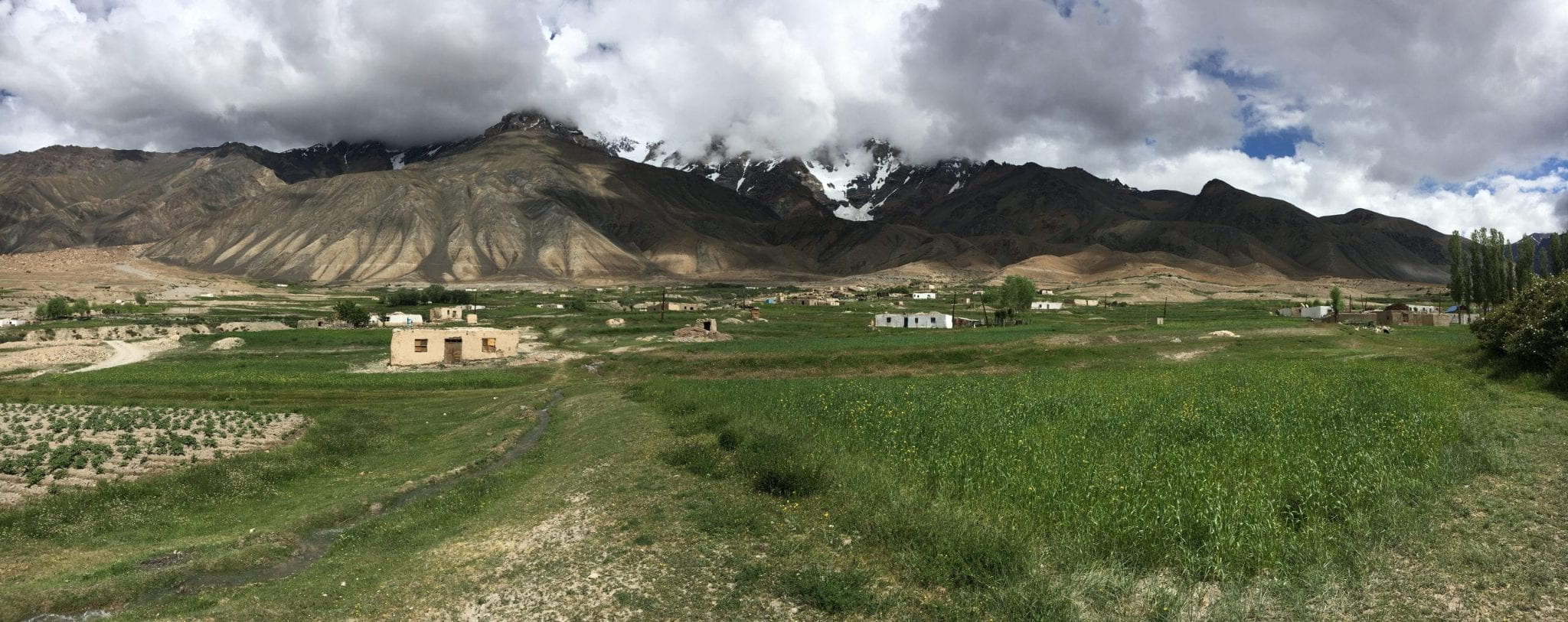In an unprecedented engineering achievement, The Dutch government built the first bicycle parking lot of its kind in the world, which runs underwater and leads to Amsterdam Central Station, The capacity of 7,000 bikes will regulate the movement of cyclists and make commuting options easier and more attractive.
Cities throughout history have been designed to meet multiple needs and mimic human evolution, So that every leap made by humans had an impact on shaping the shapes of cities, It was natural, for example, for the invention and insane spread of cars to impose a certain character on them.
But it doesn't make sense to build cities according to the needs of cars, not people. Especially when these needs conflict, As in the case of the Dutch capital, Amsterdam, which has had a history of fluctuations in the transport system. In the post-World War II era, The era of prosperity of the Dutch economy began, With it the purchasing power of citizens and with it their welfare, The number of cars is steadily multiplying, Entire neighborhoods are wiped out to be replaced by highways, While perpetuating the impression that bicycle culture is disappearing, With its user numbers declining by 6% every year.
Many effects accompanied this transformation, From environmental pollution to traffic accidents in which most victims were children, Calls for change that the government has supported and collaborated with to upgrade the urban transport system and make it safer. Among these efforts, The focus was on bicycles that suited the nature of the Dutch country with flat terrain and mild climate.
As a result of years of infrastructure modification and work towards changing popular culture, Amsterdam has become the bicycle capital of the world, Where the number of bicycles exceeds the number of citizens, 35% of its population relies on bicycles for their daily commute. The proportion of trips traveled by bicycle is one and a half times higher than that traveled by car.
As the government proceeds to turn personal cars into a memory, The traffic system in the city is witnessing problems related to public parking, Where people crowd to park their bikes chaoticly, and connect them to trees, street lamps and signs, Or even leave it on any empty space to be robbed, Or in the best-case scenario, It occupies the sidewalk and hinders pedestrians and wheelchair users from crossing the city's notoriously narrow and crowded streets. All this has made the capital's residents in dire need of more numerous and diverse spaces. and infrastructure more appropriate to the reality of the city, This is what the local government is trying to achieve through several projects that have been successive over the years.
The last of these projects was launched in 2019, At a cost of 60 million euros, The result was the first bicycle garage to be built underwater.
The engineers for this project chose an ideal location, Opposite Amsterdam Central Station which is more than 150 years old, Which receives daily 200,000 passengers on board traditional trains, trams, metro, ferries and buses, And bicycles, of course. And there, An aquarium under which a masterpiece of engineering will be built over 4 years is located.
The beginning was to drain the water body by blocking its entrances and pumping water out completely, Then shovel thick layers of sand to saturate them with water and their unsuitability for the installation of building foundations. Then it was the turn of the edges of the basin to be reinforced with concrete walls in preparation for pouring the floor on which the giant columns carried to the site were distributed. And on these columns, Stretched roof durable that will protect the bikes from any leakage of aquarium water, Its entrances were then reopened and the water returned to its normal position.
In the corner of the tourist boat port, Built garage entrance, Surmounted by a large blue sign and bicycle logo, To be visible to those coming from afar, along with a screen that shows the number of available places. It leads to two electric elevators to transport cyclists up or down, Provided that they are not on board their bike for their safety.
At the entrance, There are special devices to identify the cards for the subscription services of transport services, Automatically paid from the bank account, Citizens who do not have these cards can, Get a special mark that is placed on the bicycles, Through a process that takes just two minutes, to cross this area to the garage open to them around the clock, They install their bikes on designated platforms within the first 24 hours for free, A fee of €1.35 per day thereafter. Inside, And on the huge columns, There are red and green lights to guide users to the rows that have free parking spaces. A walk to the other side of the garage is then enough to reach Amsterdam Central Station.
Once the garage opens, The government has proceeded to remove old platforms that were previously approved, Which gradually began to turn into a tourist attraction, While the culture of car sharing is growing and shifting to reliable and environmentally friendly alternatives.
As important as it is geometric, The new garage is not without flaws, He neglected to allocate platforms for large bicycles that families use to transport their children. It also has no charging points for electric scooters, They accounted for half of bicycle sales for several years. Despite these lapses that can be corrected, This garage will solve a protracted crisis, It offers cyclists a safe and affordable place for their bikes, and control the chaos it causes in the streets, More are encouraged to take trains either for their daily commute or for long trips out of town.
References:
- https://www.bloomberg.com/news/articles/2023-01-25/amsterdam-opens-a-65-million-underwater-parking-garage-for-bikes
- https://www.theguardian.com/world/2023/jan/18/underwater-bike-garage-solves-amsterdam-stations-storage-headache
- https://www.theverge.com/23572761/amsterdam-underwater-bike-garage-future-of-transport
- https://www.theguardian.com/cities/2015/may/05/amsterdam-bicycle-capital-world-transport-cycling-kindermoord






